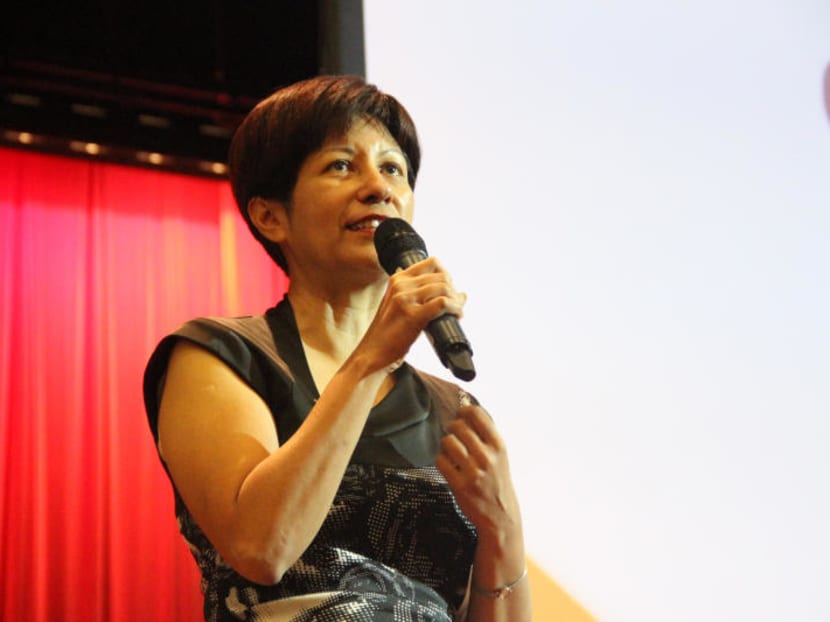New taskforce to improve motivation, tackle absenteeism of students from disadvantaged families
SINGAPORE — A new government taskforce has been set up to identify gaps in areas such as the motivation of students from disadvantaged families, measures to tackle absenteeism and drop-out rates as well as outreach to parents.
SINGAPORE — A new government taskforce has been set up to identify gaps in areas such as the motivation of students from disadvantaged families, measures to tackle absenteeism and drop-out rates as well as outreach to parents.
It expects to present its recommendations next year.
To be chaired by Second Minister for Education Indranee Rajah, the taskforce aims to strengthen support for these students, especially those who are “under-performing, so as to enable them to meet their true potential”, said the Ministry of Education in a press release on Sunday (Oct 28).
There are currently various government and community efforts to help disadvantaged students. But the challenges they face are multi-faceted and require delving even deeper to identify the gaps and reach out to them more effectively, said the ministry.
“We must ascertain the gaps and identify what exactly is preventing them from doing well,” said Ms Rajah. “These students have the potential to do so much better, and we want to help them achieve that potential.”
She said the taskforce will hear from the children and their families. It will also consult frontline workers such as school staff, social workers, self-help groups and community partners.
The announcement comes days after a report by the Organisation for Economic Cooperation and Development (OECD), which found that Singapore students came in third in the world for educational mobility, behind Cyprus and the Russian Federation.
More than 55 per cent of adults aged 26 and above in Singapore attained higher education than their parents – higher than the average of around 40 per cent obtained by 33 countries studied in the Equity in Education report.
However, students here from lower socio-economic status backgrounds do not fare as well compared to the top scorers in the nation.
Only 10 per cent of 15-year-old students in Singapore of lower socio-economic status attained equivalent scores in Science that the top quarter of the country achieved. This is lower than the proportion in 24 other education systems, such as Hong Kong’s and Finland’s.
The taskforce led by Ms Rajah is called Uplift – Uplifting Pupils in Life and Inspiring Families Taskforce.
After engaging stakeholders such as school staff, students and parents, it will hold sessions with the community to brainstorm and create solutions.
Its seven other members are political office-holders and senior government officials. They include Minister of State for National Development and Manpower Zaqy Mohamad, and Minister of State for Foreign Affairs and Social and Family Development Sam Tan.
Mr Zaqy is also deputy chairman of self-help group Mendaki, while Mr Tan is a board member of the Chinese Development Assistance Council.
On Saturday at the 160th anniversary dinner of the KK Women and Children’s Hospital, Deputy Prime Minister Tharman Shanmugaratnam also spoke about the need to develop young children holistically, and do more in nutrition and outdoor play.
The Early Childhood Development Agency is increasing the time for physical activities in full-day preschools to an hour daily, up from 30 minutes today.
The authorities are also going to progressively tighten the requirements for nutritional content for preschool food, to ensure that children get nutritious, balanced and varied food, said Mr Tharman, the Coordinating Minister for Economic and Social Policies.
Turning to children with developmental delays, Mr Tharman said the Ministry of Social and Family Development plans to increase support for children with special needs within the mainstream preschool setting.
It is exploring an enhanced Development Support programme, which will allow children who have made sufficient progress at centres offering the Early Intervention Programme for Infants and Children to continue receiving support within their preschool.
Early intervention professionals can then support and co-teach the child alongside the preschool teacher, Mr Tharman said.







